Alina Burroughs is hopeful that a single mother of two young children who was murdered 35 years ago won’t be forgotten.
In January 1988, Marjorie “Margie” Coffey’s body was found in an icy Ohio creek. She was discovered by a troop of Boy Scouts, who initially thought they stumbled upon a mannequin. Her winter scarf was wrapped tightly around her neck, leaving no doubt that she was strangled. Most of what could have been evidence at the crime scene, such as hairs and fingerprints, had long washed away.
Her death is being explored on the Investigation Discovery (ID) true-crime series “Crime Scene Confidential,” hosted by Burroughs. It explores how forensic science is used to solve high-profile cases across the country. It features interviews with loved ones, investigators associated with the cases being featured and other key players.
OHIO MOTHER BURNED ALIVE BY EX-BOYFRIEND TESTIFIED AT HER OWN MURDER TRIAL, DOC REVEALS: ‘PURE EVIL’
Alina Burroughs is the host of the true-crime series “Crime Scene Confidential.” (ID)
Burroughs, a forensic expert, notably served as the CSI on the investigation into the death of Caylee Anthony. In each episode, she uses modern science to re-examine the high-profiled cases. Fox News Digital was given an advance screening of the episode, which is set to premiere Sept. 6.
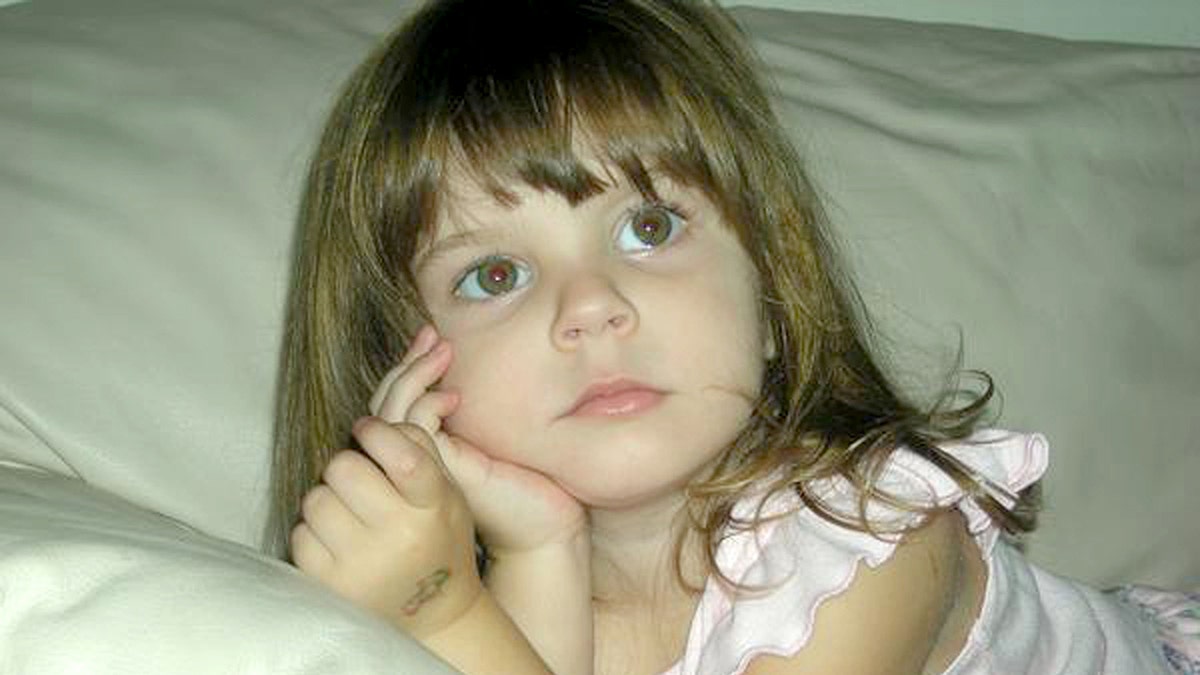
Burroughs worked as a crime scene investigator in the case of Caylee Anthony, above. Her mother, Casey Anthony, was accused of killing the two-year-old in 2008. She was found not guilty of murder. (Orlando Sentinel/Orlando Sentinel/Tribune News Service via Getty Images)
“When you look at gun violence, it’s a very detached type of crime,” Burroughs told Fox News Digital. “Then we look at things like stabbings, which are more up close and personal. But when you look at the crime of strangulation, whether it’s manual strangulation or ligature strangulation, it tells you something about the relationship between the victim and suspect.”
“You have to be very close to your victim in order to strangle them physically,” she shared. “When you put yourself in the suspect’s place, to have your hands physically on somebody, you have to be mentally OK with watching life leave their body. That’s very personal. There’s a connection, some sort of hatred. You have to be OK with that. And that’s the type of human being we have to look for, someone who is going to be physically OK with watching someone’s life end.”
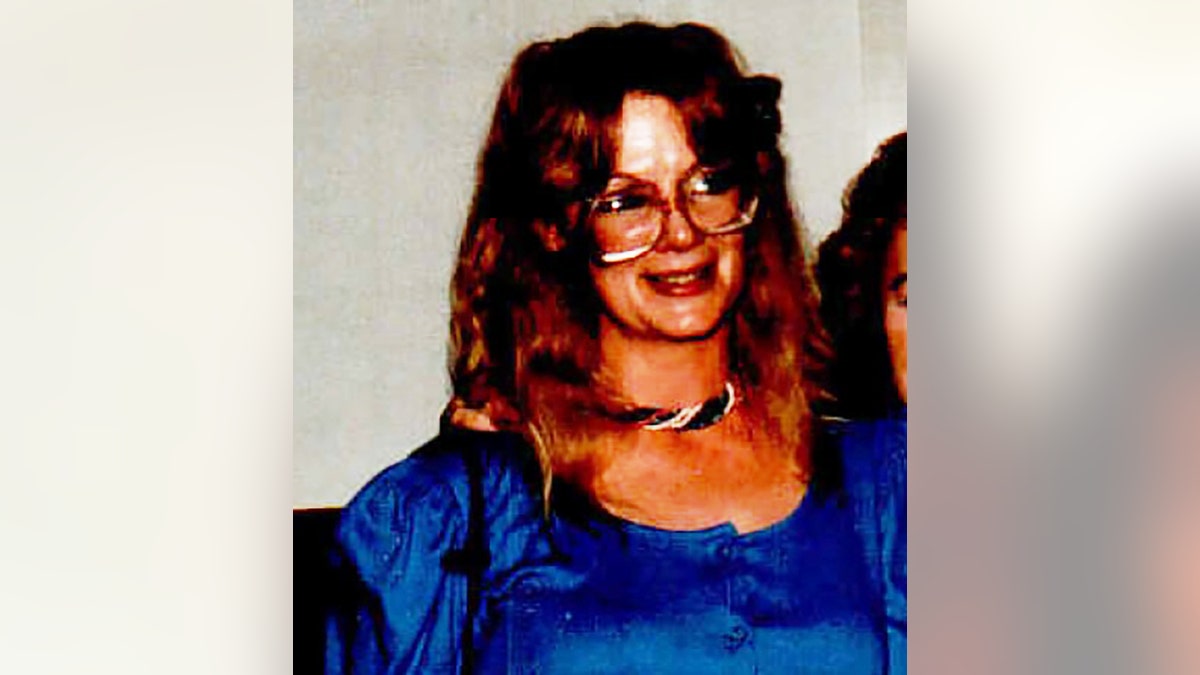
Margie Coffey, a mother of two, died Jan. 21, 1988. (ID)
According to reports, Coffey was the fifth of six children born to a farm family. During her brief life, Coffey struggled to find her way. In 1974 and 1975, she was arrested for soliciting prostitution, a local outlet revealed.
“Like a lot of people, Margie took some time to figure out life,” Burroughs explained. “That’s certainly not anything that would deserve the end she got. She was working very hard in her life. She was going to school. She had figured out she was going to make a better life for her kids and did anything that she could for those children. She attended church. She had friends and family that loved her very much. She was described as a hard worker… She was trying to make a better life for herself and her family.”
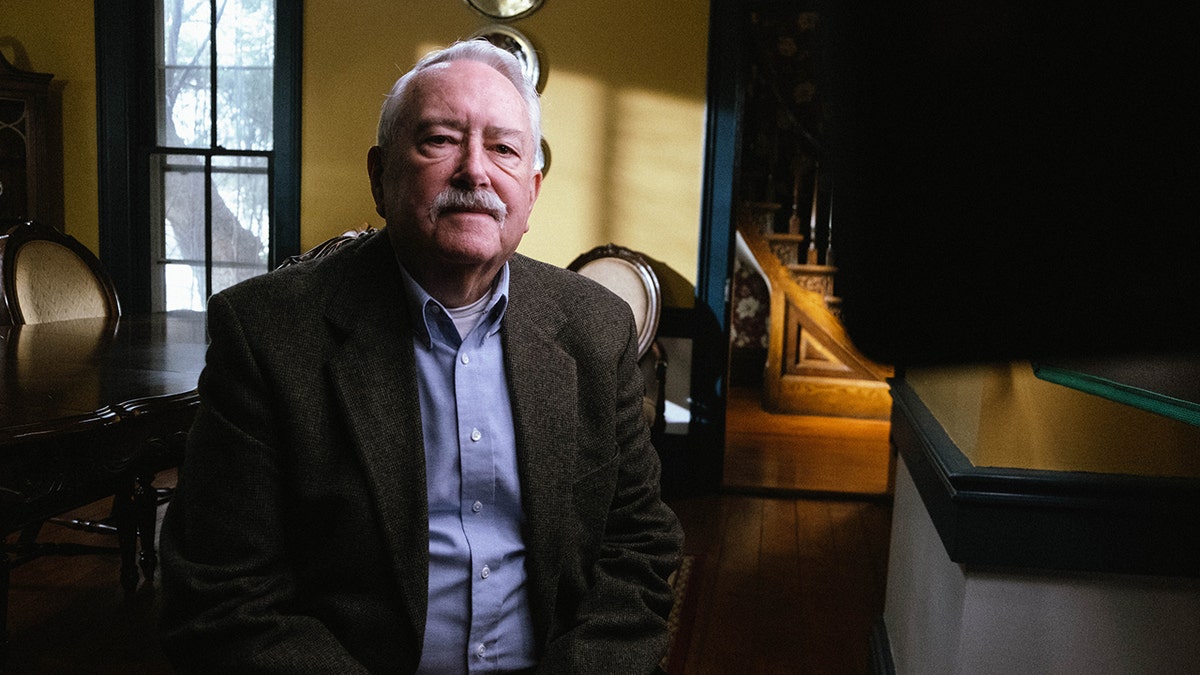
David Messmore, former detective for the Mansfield Police Department in Ohio, spoke out on the series. (ID)
Towards the end of her life, it was reported that Coffey spent her time studying the Bible, gardening and cleaning homes for a living. She was a frequent patron at Mr. T’s Coffee Shop, a popular hangout spot for law enforcement in Mansfield, Ohio.
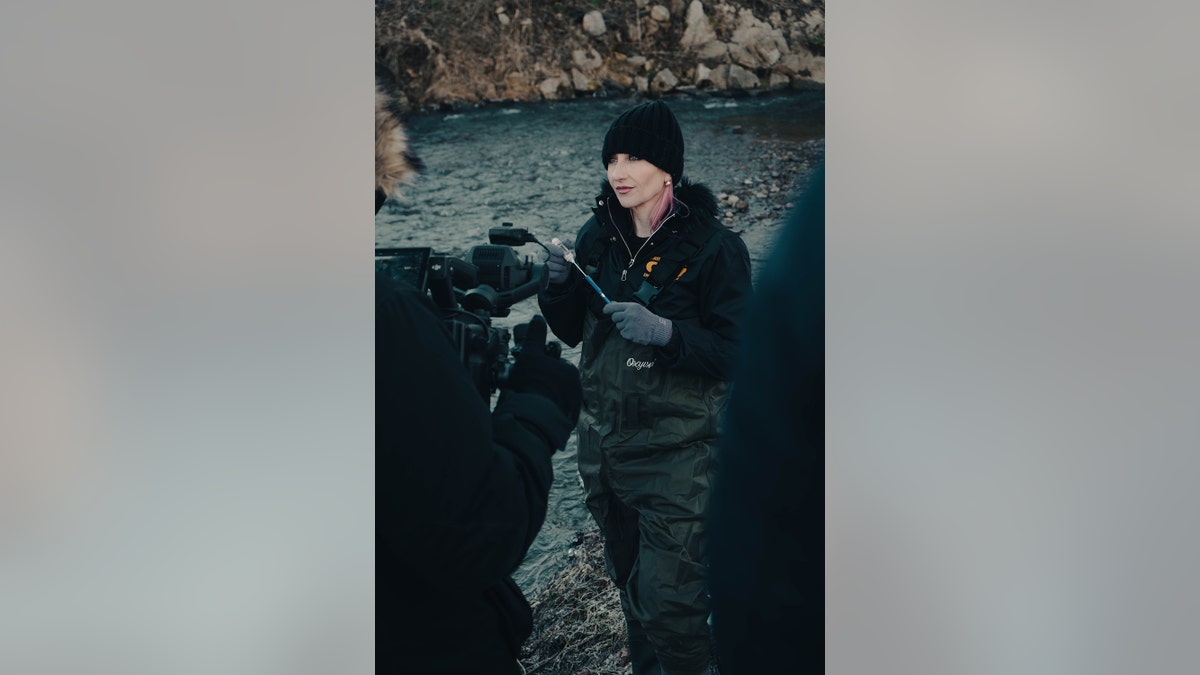
Burroughs revisited the crime scene where Margie Coffey was found. (ID)
At the time of her death, investigators wondered if Coffey’s past caught up with her. Her family grieved, anxiously awaiting justice.
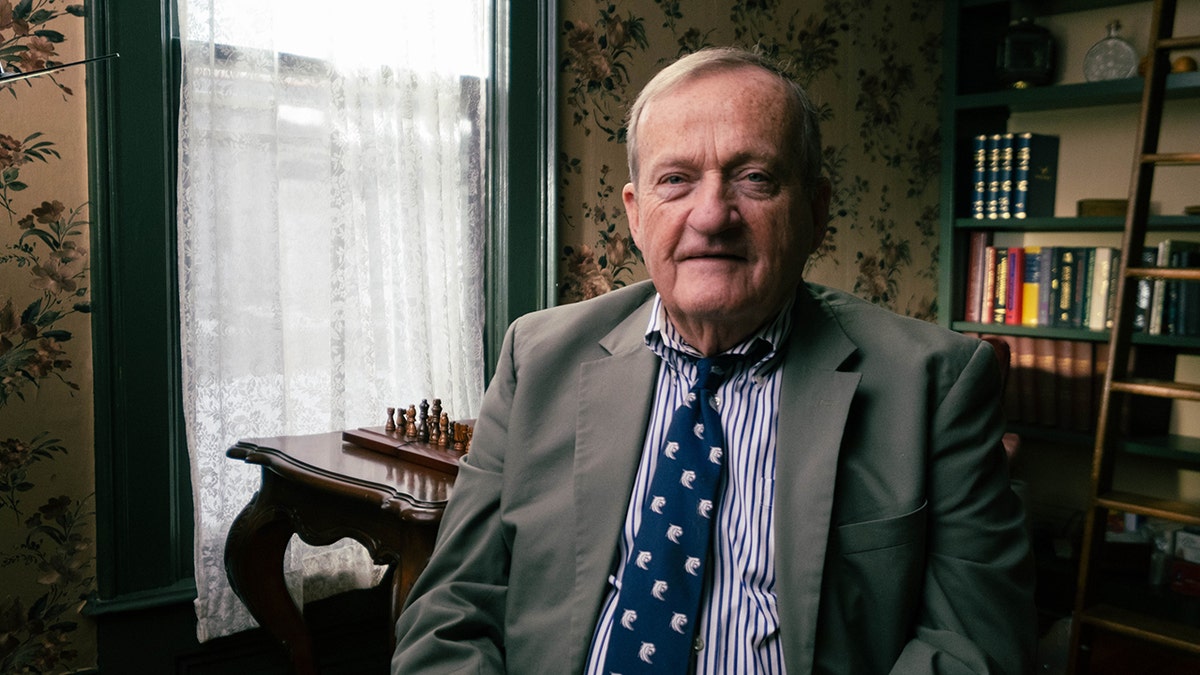
Prosecutor John Allen weighed in on the case. (ID)
“I think especially in small towns, we see these deaths have huge impacts, not just to the families,” said Burroughs. “When we look at Margie… she was trying her best to provide a better life for her children. She made them her entire life. She had a good relationship with her parents. Her brother was the one who identified Margie’s body. So we look at the ripples of homicide… and they’re far-reaching. And it impacts a small community that is now struck with a new fear that somebody is living among them who is capable of such a horrific strangulation and then dumping a body in trying to hide this crime.”
Burroughs traveled to Mansfield in the dead of winter to revisit the crime scene.
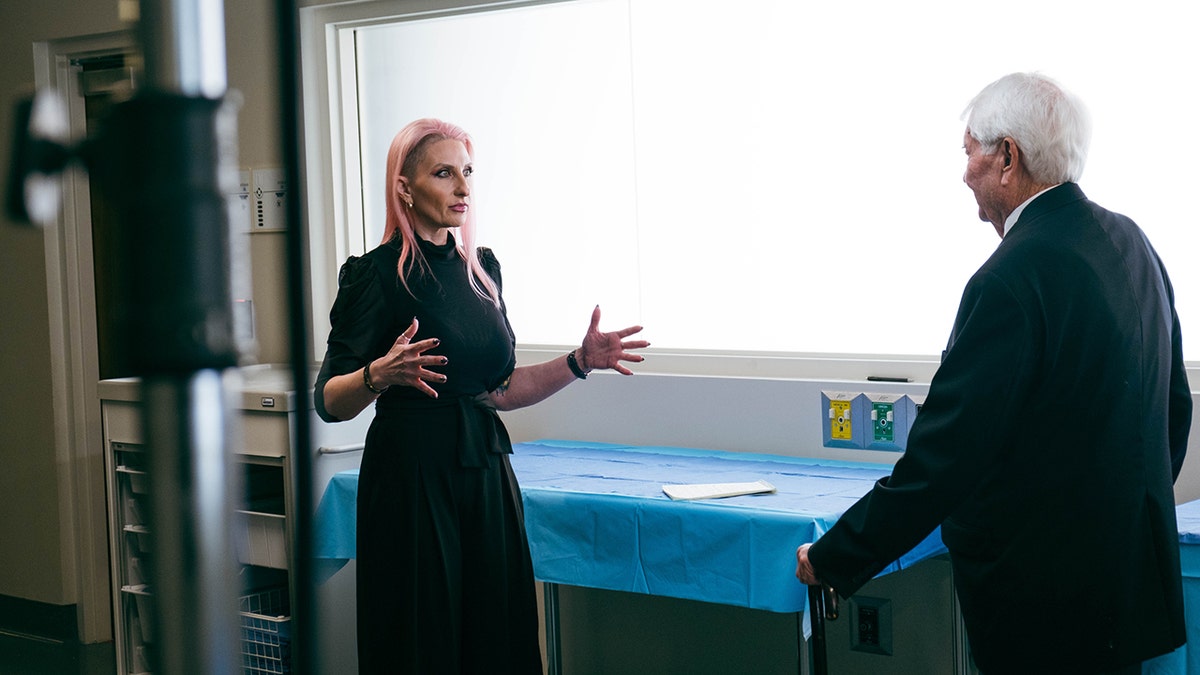
For “Crime Scene Confidential,” Burroughs spoke to those associated with the Margie Coffey case. (ID)
“The first thing I teach people is you have to become the victim and the suspect as an investigator,” she said. “Who would know how to get to a place like this? Who would know that this would be a good place to leave somebody where they wouldn’t be found? We’re talking about 1988 when you didn’t have GPS. If you know how to get there, it’s because you’ve traveled there before, and you knew how to get back on your own.”
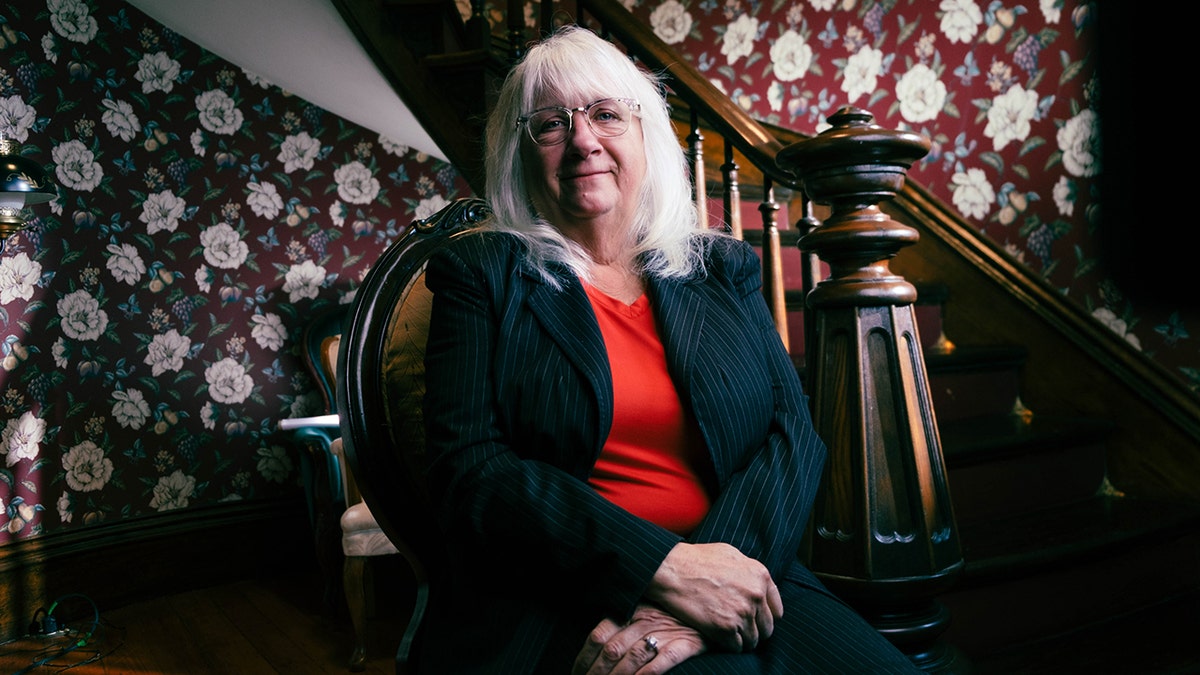
Bambi Couch-Page, Margie Coffey’s friend and lawyer, also spoke out on “Crime Scene Confidential.” (ID)
“It’s really important to me to get out to the physical crime scene in all of these cases [in the series],” she continued. “That meant flying to Ohio and getting physically in the water where Margie’s body was found… And when you drive down that winding road, you see how far this place is, in the middle of nowhere.”
It was previously reported that Coffey had dated two Mansfield police officers. One was Robert Lemon. He shared that the relationship was brief, and they had no longer been in touch. And then there was Lieutenant Charles Oswalt.
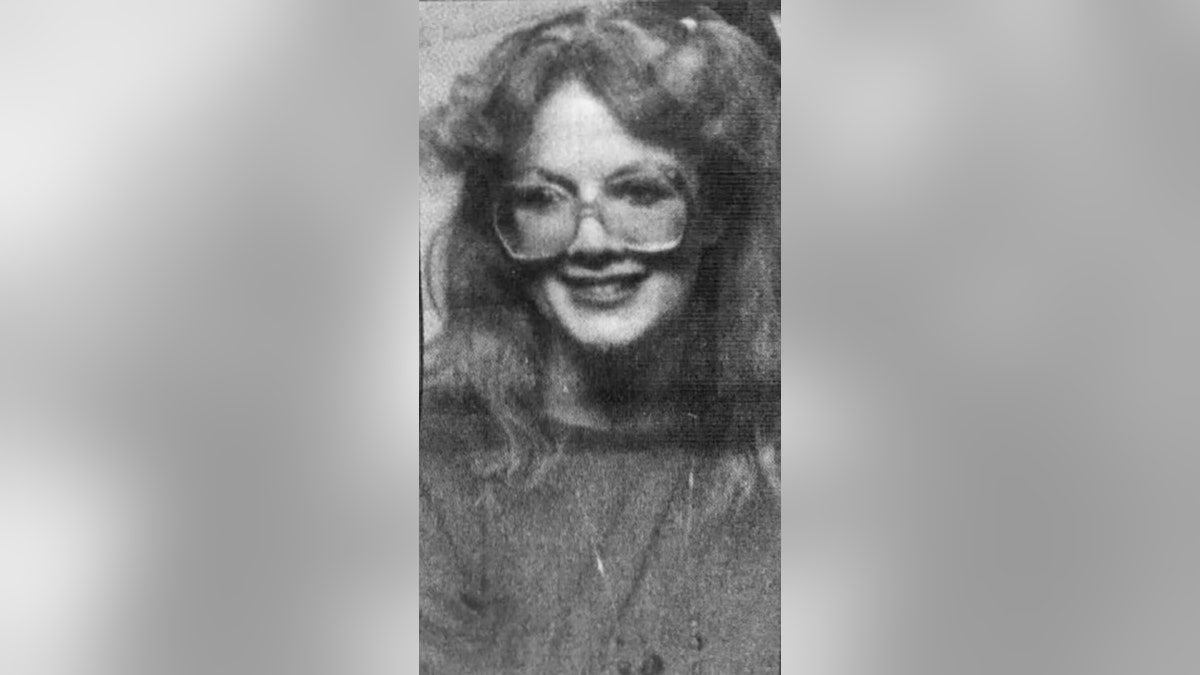
At the time of her death, loved ones said Margie Coffey was focused on providing a better life for herself and her children. (ID)
According to the special, Coffey and the married father of three were involved in a sexual relationship. A friend of Coffey’s said that she may have believed the two could have had a long-term relationship but was aware it wouldn’t work out. It is believed that Coffey was eager to move on.
The special also revealed that Coffey was involved in a paternity suit. She listed Oswalt as the father of her younger son, which made him a prime suspect. When prosecutors asked Oswalt to undergo a paternity test, the resulted showed that the likelihood of Oswalt being the child’s father was 99 percent.
While most of the trace evidence had been washed away, two red carpet fibers remained behind. They were discovered on Coffey’s leg warmers and coat. The fibers were consistent with the specific cruiser Oswalt was using at the time. According to reports, it was also the only patrol vehicle that had carpeting instead of rubber mats.
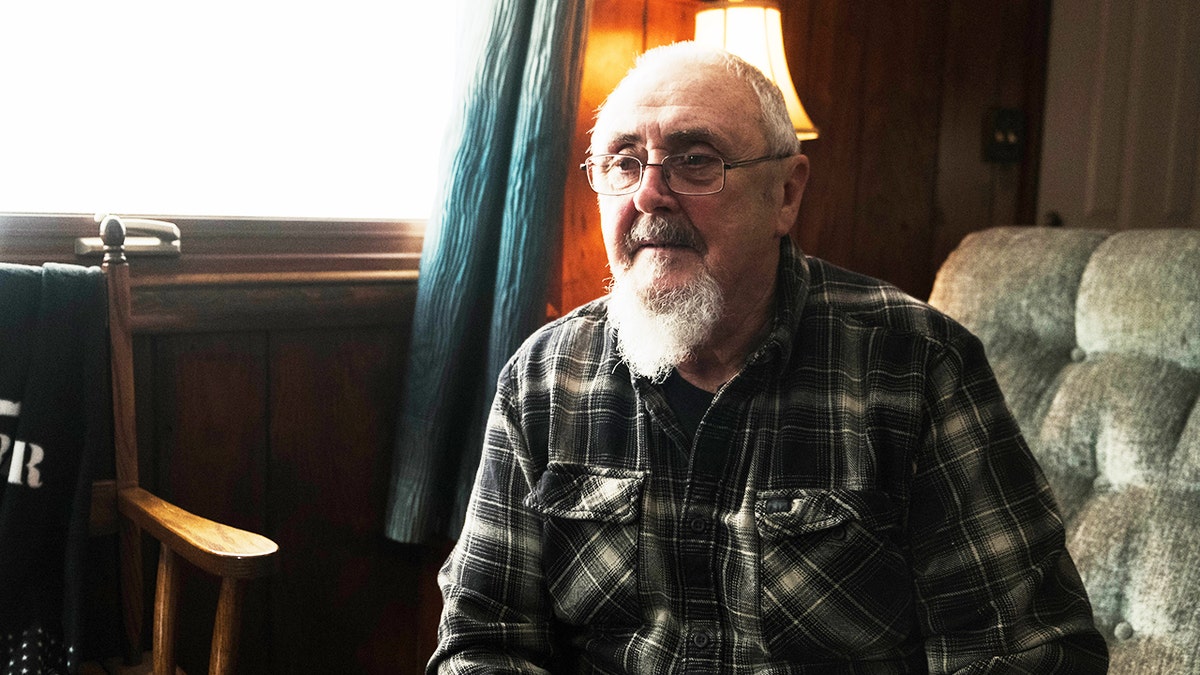
Charles Oswalt, who appeared on “Crime Scene Confidential,” maintain his innocence. (ID)
Oswalt, who spoke out in the special, maintains his innocence.
“I had a sexual experience with Margie Coffey back in October of ’79,” Oswalt told Burroughs. “It was a one-time sexual occurrence. I didn’t see Margie again until 1986. At that time, she asked me how I would feel if she told me that I was the father of her child. And I said, ‘I don’t believe it.’ She said, ‘Well, I’m going to file a paternity suit.’ I said, ‘File what you’ve gotta file.’”
According to Oswalt, he last saw Coffey at Mr. T’s. He stressed he never saw her again after that. Oswalt said he was checking on drug activity elsewhere at the time of Coffey’s disappearance.
CALIFORNIA WOMAN’S REMAINS FOUND 15 YEARS AFTER VANISHING FROM CASINO, DOC SAYS: ‘WE NEVER GAVE UP’
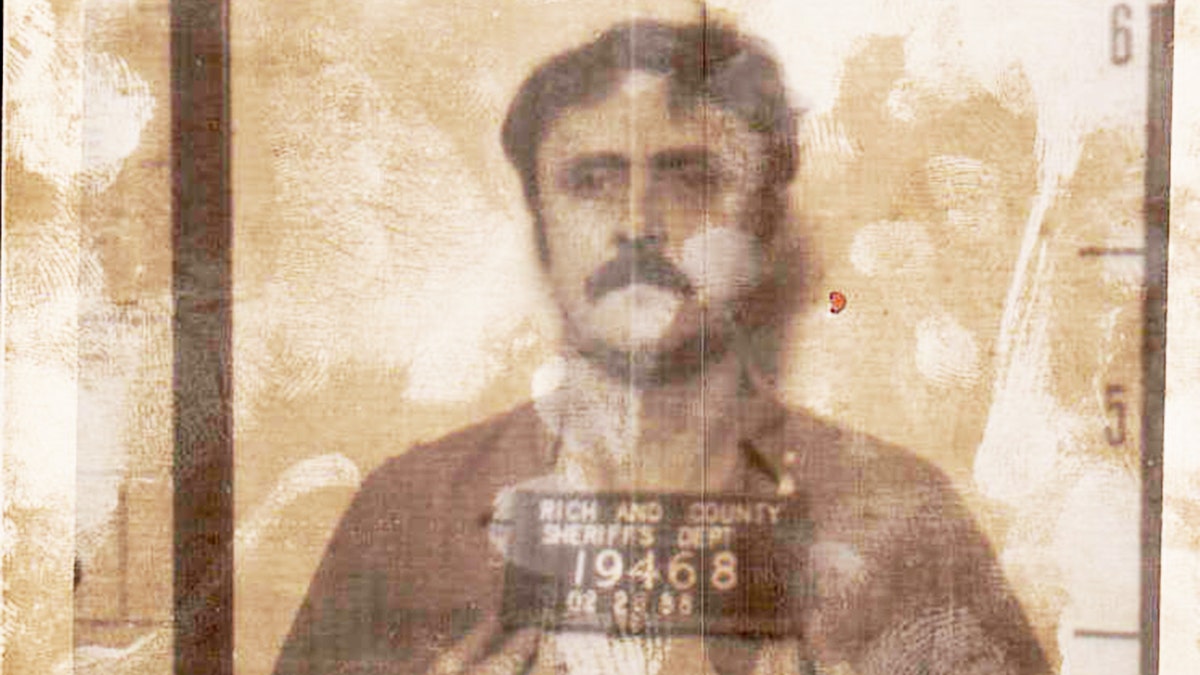
Charles Oswalt’s mugshot. (ID)
Prosecutors said Oswalt would have used crime scene knowledge to his advantage, which is why more evidence wasn’t found in this case. The defense team insisted it was a cover-up.
Oswalt was convicted of voluntary manslaughter and gross abuse of a corpse, the Mansfield News Journal reported. According to the outlet, he served almost 16 years of a 10- to 25-year sentence. He was paroled in 2004.
When asked if he killed Coffey on the episode, Oswalt stressed, “Absolutely not.”
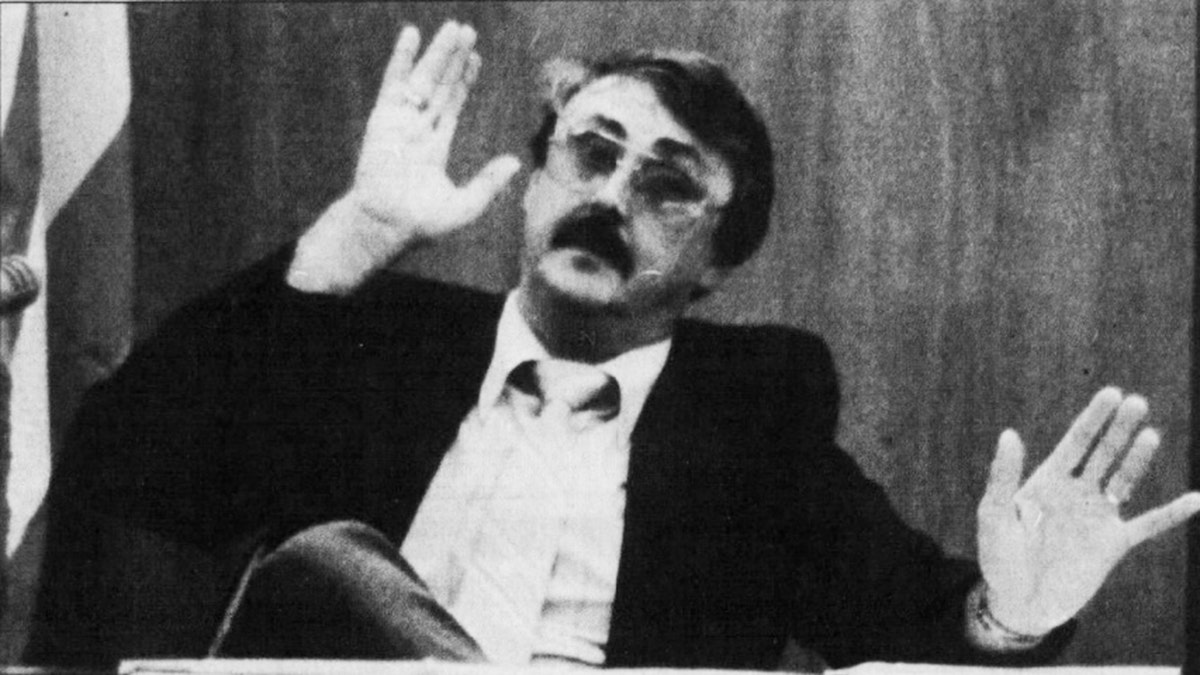
Charles Oswalt was paroled in 2004. (ID)
Burroughs said it was important to get Oswalt’s side in the special.
“In this case, as always, we reach out to all parties that are involved,” Burroughs explained. “We want to allow everybody to tell their side of the story. And somebody like Charles Oswalt, who served his time, is out, he is living his life, might have a story he wants to tell. Was I surprised that he wanted to tell his side of the story? I think people have a lot of reasons to speak. Certainly, people who are interested in maintaining some sort of perception of who they are. And I think viewers will be very interested in the conversation that I had with him and what he wanted to say.”
Fox News Digital reached out to Oswalt for comment about his appearance on “Crime Scene Confidential.”
QUESTIONS FACE FAMILY THAT CLAIMED THEY ADOPTED ADULT ‘MASQUERADING’ AS 6-YEAR-OLD: LAWYER
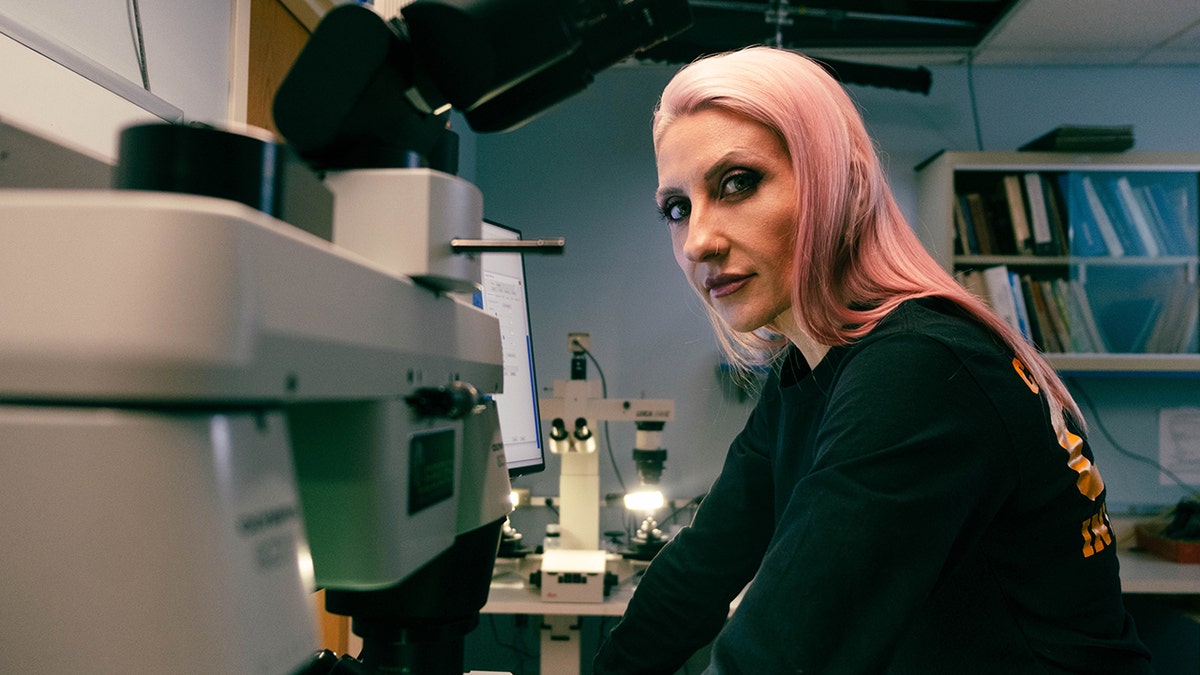
Burroughs told Fox News Digital it was important to include all perspectives in the special. (ID)
Today, Coffey’s loved ones want to remember the mother they lost.
“If you Google the name of any homicide victim like Margie Coffey, typically what comes up are the details of their death,” said Burroughs. “And that’s not how anybody wants to be remembered… That’s why we want to allow friends and family to speak to us about who Margie was. What did she love to do? What made her happy? What was she most proud of?”
“We want people to remember that she was someone,” Burroughs continued. “She studied hard. She liked getting a cup of coffee late at night in between her studies. And she was studying so hard because her children were so important to her. She was thinking about her future and giving them a better life. We want people to know she was loved. And she’s still missed.”
“Crime Scene Confidential” airs Sept. 6 at 9/8c on ID.